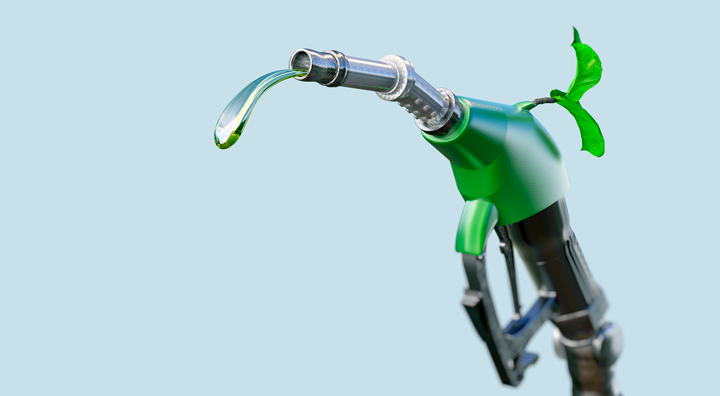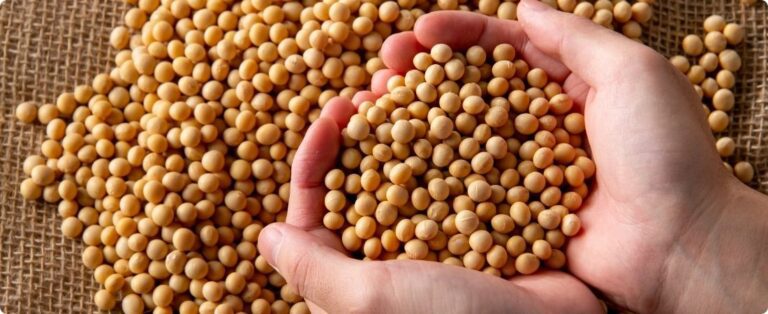
Image: Adobe Stock (Licensed)
The repeated rises in biofuel prices (ethanol and biodiesel) have put pressure on the costs of producers of all sizes in agribusiness. In the first five months of 2021, the accumulated increase in the IPCA for fuels is 25.6%. In addition to having an impact on the supply of agricultural machinery, rising prices affect product shipping. The impacts affect producers unevenly, depending on their size, property specialization and geographic location.
{module Form RD}
“In agriculture, the weight of fuel is greater in production costs than in livestock farming. Large-scale agriculture is also more intensive in biodiesel consumption compared to smaller properties”, says Rodrigo Feix, economist and professor at ESPM Porto Alegre.
For the economist, large producers have more options in this situation compared to medium and small producers. “Larger producers are better able to negotiate prices with suppliers. They also have the advantage of having more resources to invest in fuel-saving technologies, such as modern machines and new digital agriculture tools,” he says.
Another important factor for the specialist is the location of rural properties. “Those who are in regions further away from ports or main consumer centers are also more impacted by the rise in fuel prices, as they have to pay more expensive freight,” he states.
According to Feix, the scenario should persist over the next few months, due to the international economic scenario. “The rise in prices occurs in a context of expectations of growth in demand, stimulated by the recovery of the world economy with the advancement of vaccination. There are also uncertainties in the quantity to be offered by OPEC countries. Petrobras' price alignment with the international market further reinforces this trend”, he says.
Source: datagro










